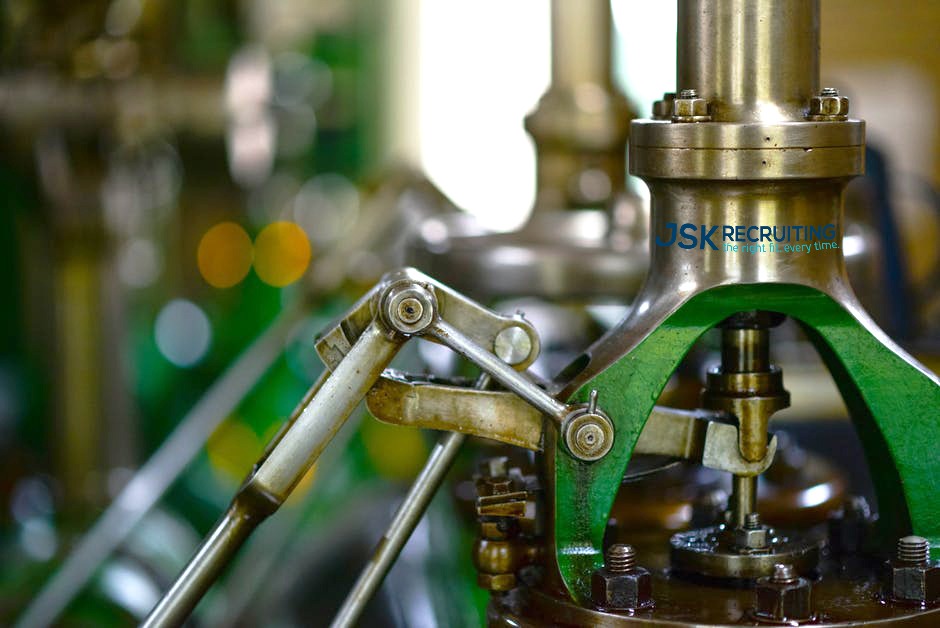How IoT and AI is Changing the 2025 Manufacturing Job Market Landscape
Technology is set to completely disrupt the manufacturing job market in 2025 so it’s important to stay at the forefront of the IoT and AI revolution.
If there’s one industry that’s changing due to technology, it’s manufacturing. One of the technologies that’s seen as a threat to workers is artificial intelligence.
If you read the news, you may think that manufacturing jobs are going to get obliterated by technology. There is a lot of fear and misinformation surrounding the topic.
Keep reading to learn more about the manufacturing job market and how AI and the internet of things will change manufacturing.
What Are AI and IoT?
What defines artificial intelligence and the internet of things? Artificial intelligence can be defined as a computer performing the same tasks with the intelligence and context that humans can.
The Internet of Things is a device that can connect to the internet and to other devices on a network. This is gaining popularity in the consumer market with home assistants and security devices.
1. The Changing Manufacturing Job Market
Many see it as technology coming to replace manufacturing jobs. One study predicted that AI is going to take about 20 million manufacturing jobs by 2030.
There is a lot of fear that these jobs are lost forever and not coming back. What you’re most likely going to see is that these jobs will shift from one type of job to another.
For example, someone who performs the same tasks over the day will likely be replaced by a robot that can perform those tasks.
However, there will be a need to maintain these robots. That places a greater need for warehouse management, engineering, and information technology. Employees that may lose their jobs can get retrained to take on these new demands.
2. There are Benefits to Using AI and IoT
One of the biggest benefits of implementing these technologies is increased efficiency. Manufacturers are able to do more with fewer resources.
Another benefit is that some manufacturing jobs are dangerous. Having machines do risky work is beneficial to employees and employers alike.
3. Increased Cybersecurity Threats
About half of all manufacturers say that they’ve experienced some form of a cybersecurity incident. The implementation of AI and IoT devices needs to be well planned.
You also need to have a protocol for using and maintaining the devices. For example, keeping regular backups, updating software, and having strict admin privileges are a few ways to minimize the threats.
Technology and Manufacturing Jobs
The end result is that evolving technology is a trade-off. You’re trading off low-level jobs that consist of routine tasks to be done by robots instead of humans.
You’re trading off these low-level jobs for more investments in engineering and IT to manage and maintain robots.
At the end of it all, no one is really sure what the full scope of these changes will bring to the manufacturing job market. It’s really up to you to decide if an investment in IoT and AI are right for your manufacturing facility.
Would you like to know more about manufacturing jobs? Contact us today for recruiting and career information.


